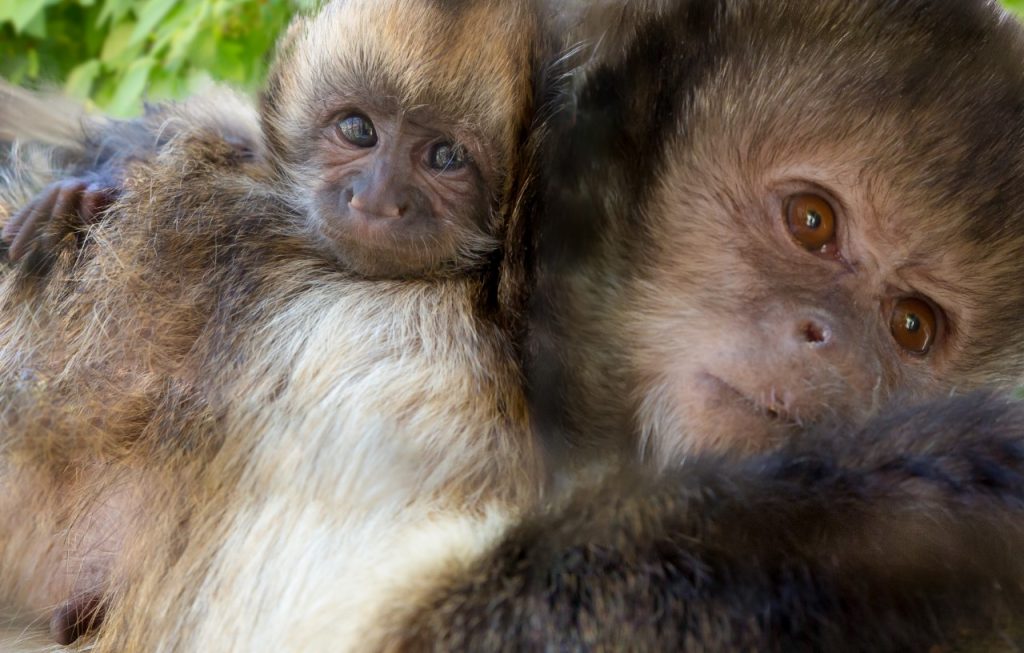Investigation of a new diet formula for captive short-beaked echidnas (Tachyglossus aculeatus)
Citation
Stannard HJ, Bekkers JM, Shaw M. 2015. Investigation of a new diet formula for captive short-beaked echidnas (Tachyglossus aculeatus). In Bissell H, Brooks M Eds. Proceedings of the Eleventh Conference on Zoo and Wildlife Nutrition, AZA Nutrition Advisory Group, Portland, OR.
Abstract
Short beaked echidnas (Tachyglossus aculeatus) are myrmecophages, ant and termite specialists, and replicating their diet in captivity is problematic. Captive diets often incorporate raw meat, eggs and cat food mixed together with water and vitamin and mineral supplements. These diets have presented a number of health problems, such as cystitis, gut impaction, obesity and diarrhea. This study aimed to assess the acceptability and palatability of a manufactured diet designed for insectivores. Compared to the previous diet, the new diet provided higher levels of carbohydrates, lower lipids and similar levels of energy and protein. The new diet was readily accepted by the echidnas. Time spent feeding averaged 4 minutes per 100g test diet vs. 5.6 minutes per 100g original diet. Daily digestible energy intake was 250 kJ kg-0.75 d-1, which is within the range of daily energy expenditure values previously published. Digestibility values were above 74% for both diets for all nutrients studied. Generally, digestibility values were lower for most nutrients on the new diet due to the higher portion of indigestible plant material in that diet. Faecal consistency was ideal (averaged 2.3/5.0) on Taronga’s original diets and the test diet. Following the study, all twenty-four short beaked echidnas and two long-beaked echidnas at Taronga Zoo and Taronga Western Plains Zoo were transitioned onto the new diet and have been maintained successfully for over eight months. The new diet was determined to be acceptable for maintaining echidnas in captivity.
 54_Stannard.pdf 14 KB
54_Stannard.pdf 14 KB








